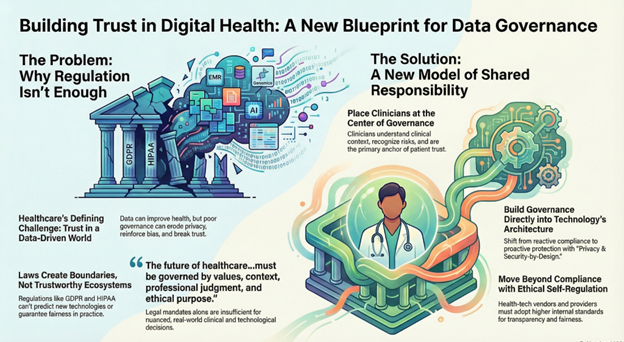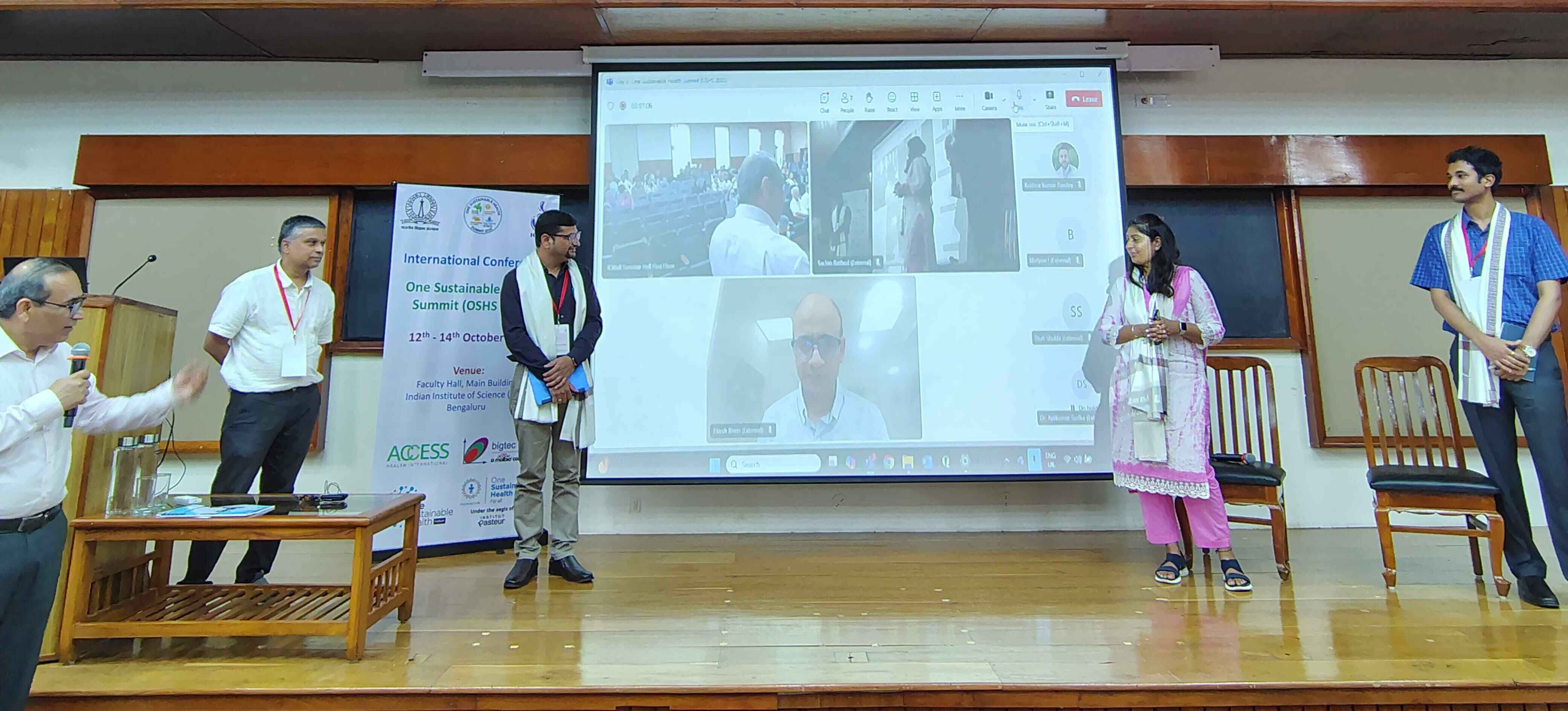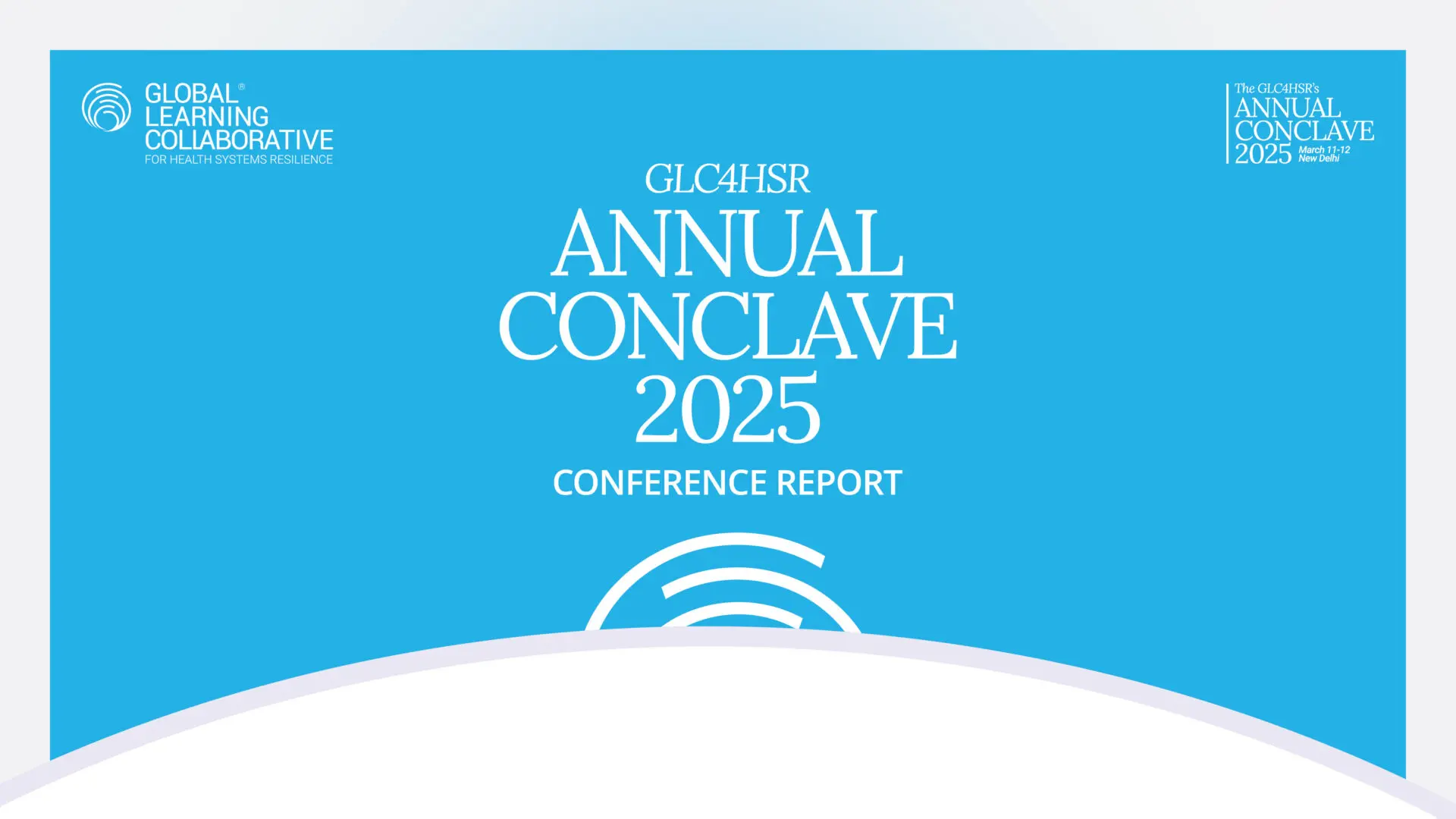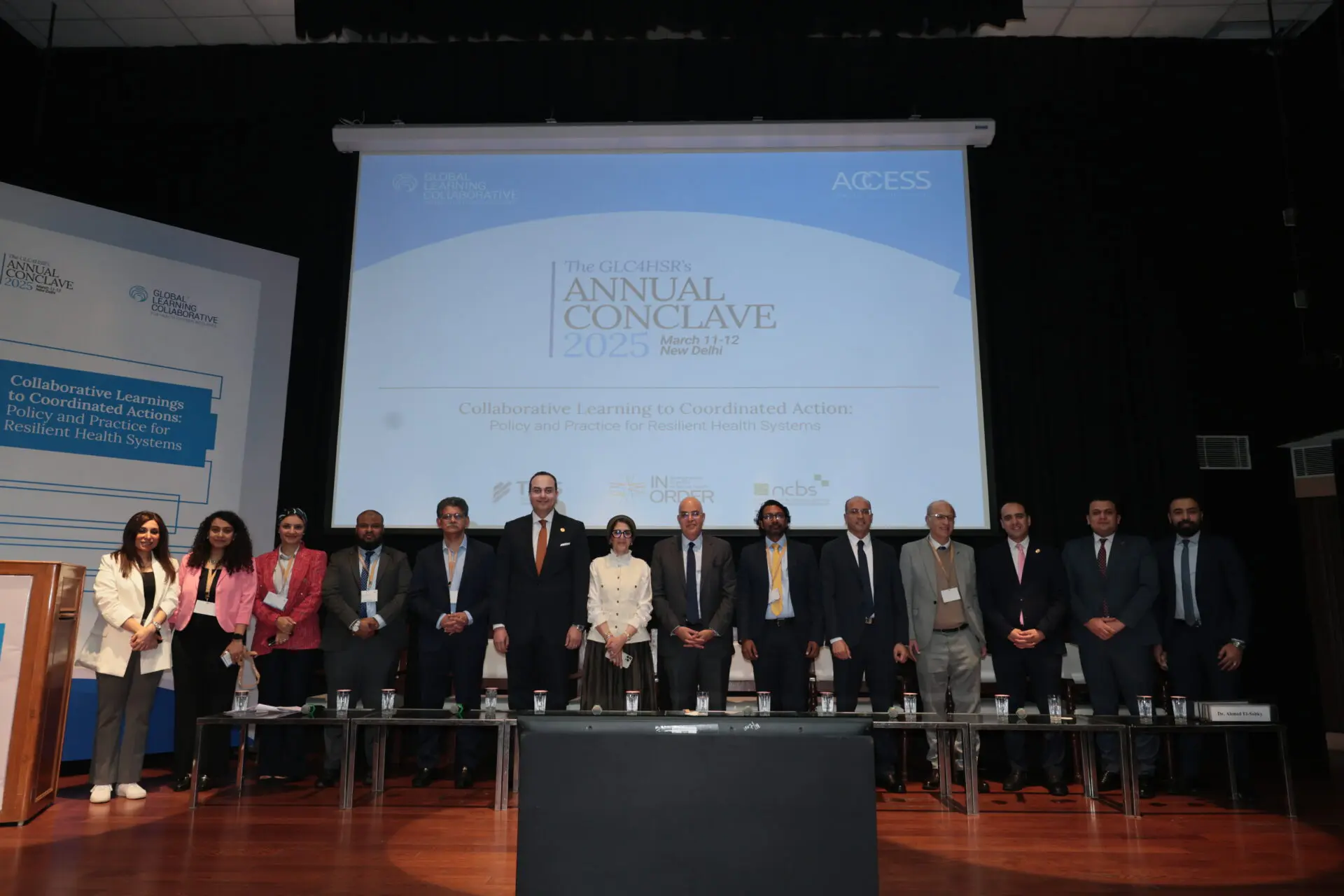Intergenerational Equity within the Climate Change-Health Relationship: Lessons from the Tuvalu Community
Updates ▪ Aug 30, 2023
Introduction
Climate change is a global problem that leads to alarming health outcomes, such as heat stress, spread of vector-borne diseases, and compromised food supply. One of the most concerning aspects of climate change is its effects on intergenerational equity.
Intergenerational equity is a fundamental concept that refers to the fair distribution of resources, opportunities, and benefits among different generations (United Nations Environment Programme, n.d.). From an environmental perspective, intergenerational equity underscores the importance of considering the welfare of future generations, as the current generation is simply “borrowing” planetary resources from future generations. Furthermore, intergenerational equity is also a legal principle which recognizes that future generations may rightfully anticipate equitable access to resources (Henckens, 2021).
Climate Change and Intergenerational Inequity
Climate change poses a significant threat to intergenerational equity, considering the anticipated disproportionate effects on future generations. Specifically, 2.2 billion children will bear the impact of a changing environment (World Health Organization, 2022). The younger generations will significantly be more exposed to extreme weather events, such as heatwaves, droughts, and flooding. A recent study conducted an analysis that combined climate projections with life expectancy and population data to assess the exposure of individuals to extreme climate events throughout their lifetime. The results of the analysis revealed that there is a 98% increase in exposure for the 2020 birth cohort in comparison to the exposure of the same cohort under pre-industrial climate conditions. Hence, the 98% increase can be attributed to climate change, considering the current pledges to address this issue. The study further highlighted that lifetime exposure to extreme events is unparalleled across all warming levels and birth cohorts (Thiery et al., 2021).
Furthermore, the impact of intergenerational inequity on climate change extends beyond immediate environmental consequences experienced by the younger generation. Climate change can also disrupt other aspects of living, like education and economic opportunities. Such disruptions can then lead to increased poverty and social inequality. For example, schooling infrastructure destroyed by a tropical cyclone may have a disproportionately detrimental effect on children's education that could persist throughout their lifetime. Consequently, the vulnerability to extreme events may fluctuate throughout the lifespan of an individual, impacting various aspects of their well-being and exacerbating intergenerational inequities (Thiery et al., 2021).
Health Impacts of Intergenerational Inequity
Intergenerational inequity worsens the impact of climate change on health and well-being. Particularly, children and youth are more climate-sensitive than adult populations. This sensitivity is attributed to higher exposure to climate change-associated events during critical stages of life, such as birth, growth, and development. Exposure to various environmental hazards, shocks, and stressors impacts current and future vulnerability to diseases. Such hazards include water scarcity, heat waves, and vector-borne diseases. Compared to those born in 1960, children born now are two to seven times more likely to experience extreme climate events (World Health Organization, 2022).
Considering these environmental hazards, children under five years bear approximately 90% of the global burden of disease resulting from climate change, with at least 26% of projected deaths in this age group attributed to environmental degradation. Childhood malnutrition and diarrhoea were also identified as the primary contributors to projected premature deaths caused by climate change, mostly affecting developing nations. Additionally, young people exhibit heightened sensitivity to significant climate change drivers like non-CO2 air pollutants, which is linked to increased childhood asthma rates. Other expected negative health impacts include stunting under five years, anaemia in women, and mortality from cardiovascular disease, cancer, diabetes or chronic respiratory disease. Given all these, the health impacts experienced by children due to climate change and its underlying causes can have long-lasting effects, impeding their future potential (World Health Organization, 2022).
Case Study on the Tuvalu Community
One case study illustrating the intersection of intergenerational equity, climate change, and health is the experiences of the Tuvalu community, an indigenous group in the Pacific region. Tuvalu, a small island nation located in the Pacific Ocean, is particularly at-risk to the effects of climate change due to its geographical and cultural characteristics.
The Tuvalu people have traditionally relied on their relationship with the natural environment to shape their culture and support their livelihoods. Subsistence fishing and agriculture have been vital economic activities with well-developed local techniques and knowledge. Given this relationship, the Tuvalu community is highly at-risk to the ramifications of climate change. It has been observed that the current effects of the said issue have significantly impacted their way of life. Geographically, the islands are low-lying which makes them more vulnerable to rising sea levels, frequent storm surges, and coastal erosion. Consequently, the Tuvalu people experience forced displacement, loss of ancestral lands, and cultural dislocation (Milan et al., 2016).
In terms of intergenerational equity, the Tuvalu community faces significant challenges in adapting to the evolving climate while guaranteeing a sustainable future for the succeeding generations. The lack of economic opportunities and resources due to the country’s small size poses considerable challenges in establishing resilience and carrying out long-standing adaptation strategies. Moreover, the lack of policies that can provide adequate financial support mechanisms contribute to the said challenges. The absence of intergenerational equity further amplifies the Tuvaluans' vulnerability, as they experience the repercussions of climate change despite playing a minor role in aggravating the issue. Hence, there is a need for specific solutions for vulnerable communities, particularly insurance arrangements, to aid in alleviating intergenerational inequity. These arrangements ensure that communities can recover from the damages caused by climate change and build resilience against future disasters (Mathez, 2021; Sopoaga, 2016).
The equity issues across generations hold significant implications for the health outcomes of the Tuvalu population. Changing precipitation and temperature patterns may give way to the spread of diseases and pests that were formerly non-existent in the region, thereby affecting the health of the indigenous communities. Additionally, natural calamities can irreparably damage infrastructure and disrupt food systems. This damage can force the displacement of the community, leading to physical and mental health problems. Lastly, the availability and quality of the community's traditional foods may decline due to environmental degradation, resulting in compromised nutritional status (Oelz, 2017).
To address issues of climate change and intergenerational inequity, a multi-faceted approach is required. Solutions, involving both local and international parties, must integrate the cultural values and knowledge systems of the community into adaptation and mitigation strategies. The Tuvalu community must be empowered to participate in decision-making processes that affect their education, healthcare, and economic opportunities. Ultimately, solving the intergenerational inequity faced by the Tuvalu community requires a long-term commitment to acknowledging and addressing challenges unique to their community (Milan et al., 2016).
Conclusion
Climate change greatly affects intergenerational equity, which in turn leads to public health issues. The case study on the Tuvalu community provides an example of the challenges faced by a vulnerable community, posing the need to alleviate intergenerational inequity. Hence, timely and innovative solutions are required to address climate change issues to ensure that future generations can inherit a habitable and resilient environment.
-Author Reneez Aiyana Felix is a Research and Consultancy Intern at ACCESS Health International’s Singapore office. She is a student of public health at the Yale-NUS College
References
Henckens, T. (2021). Chapter 5—Mineral resources ethics11 This chapter is based on the publication of Henckens, M.L.C.M, Ryngaert, C.M.J., Driessen, P.P.J., Worrell, E., 2018. Normative principles and the sustainable use of geologically scarce mineral resources, Res. Pol. 59, 351–359. In T. Henckens (Ed.), Governance of the World’s Mineral Resources (pp. 71–98). Elsevier. https://doi.org/10.1016/B978-0-12-823886-8.00002-6
Mathez, M. J. (2021). Climate Justice for Tuvalu.
Milan, A., Oakes, R., & Campbell, J. (2016, November). Tuvalu: Climate change and migration, relationships between household vulnerability, human mobility and climate change. ESCAP. https://www.unescap.org/resources/tuvalu-climate-change-and-migration-relationships-between-household-vulnerability-human
Oelz, R. K. D. and M. H. M. (2017, April 21). Indigenous Peoples and Climate Change: From Victims to Change Agents through Decent Work [Publication]. http://www.ilo.org/global/topics/indigenous-tribal/WCMS_551189/lang--en/index.htm
Sopoaga, E. S. (2016). TUVALU Statement at the High Level Signing Ceremony for the Paris Agreement.
Thiery, W., Lange, S., Rogelj, J., Schleussner, C.-F., Gudmundsson, L., Seneviratne, S. I., Andrijevic, M., Frieler, K., Emanuel, K., Geiger, T., Bresch, D. N., Zhao, F., Willner, S. N., Büchner, M., Volkholz, J., Bauer, N., Chang, J., Ciais, P., Dury, M., … Wada, Y. (2021). Intergenerational inequities in exposure to climate extremes. Science, 374(6564), 158–160. https://doi.org/10.1126/science.abi7339
United Nations Environment Programme. (n.d.). Intergenerational equity | UNEP Law and Environment Assistance Platform. Retrieved July 2, 2023, from https://leap.unep.org/knowledge/glossary/intergenerational-equity
World Health Organization. (2022, November 2). WHO Policy Brief: Climate Change, Health & Intergenerational Equity. https://www.who.int/publications/m/item/who-policy-brief--climate-change--health---intergenerational-equity






